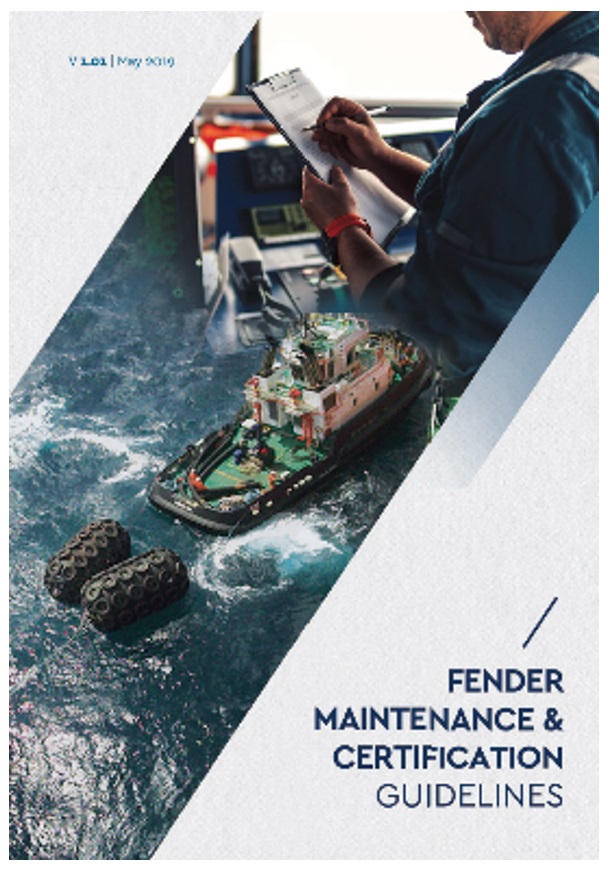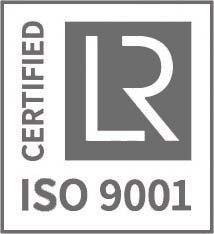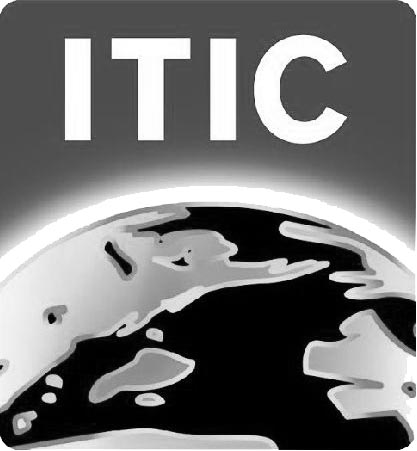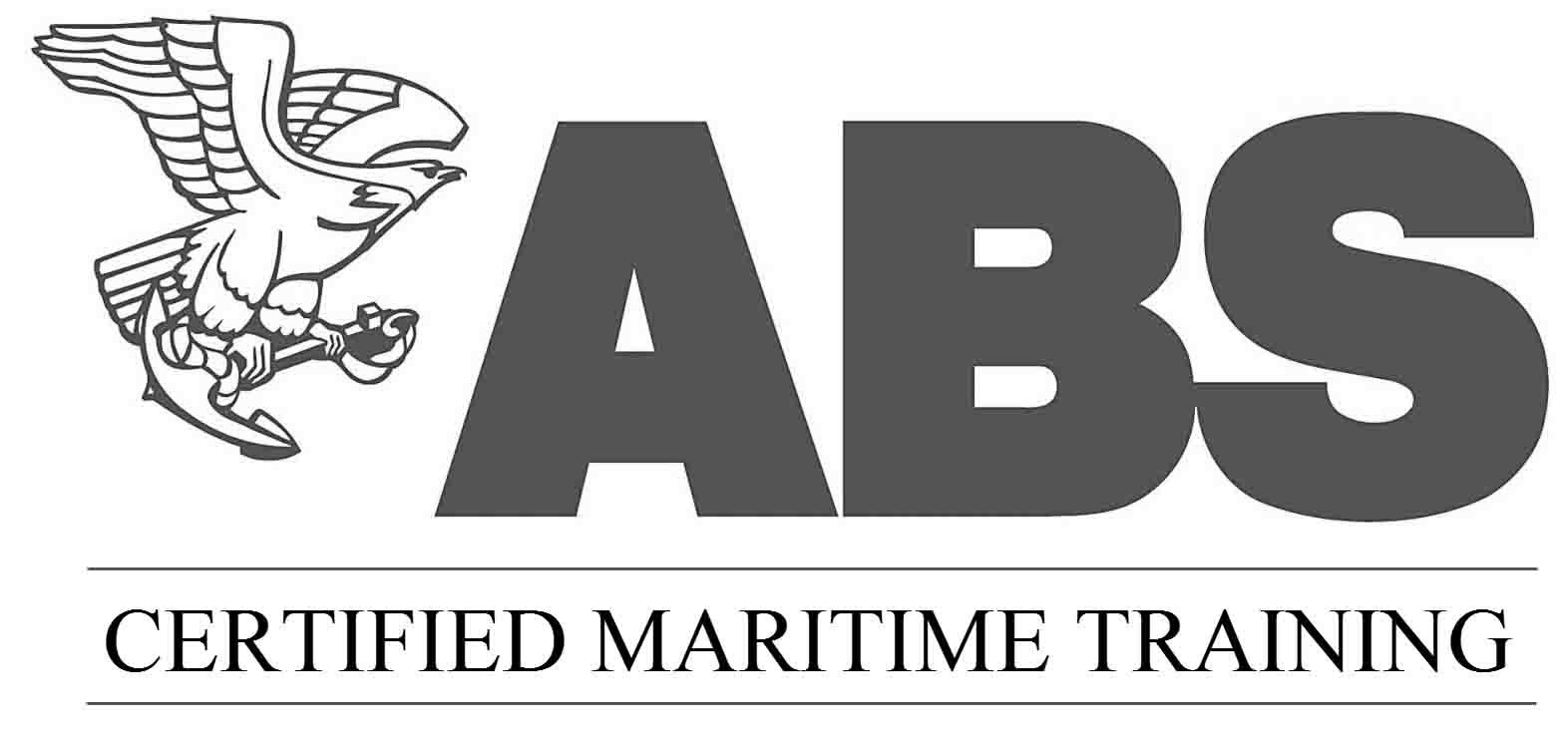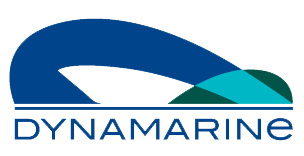Our short term agenda on Ship to Ship transfer Operations. New features and Services
13-10-2019
New Features/ Actions that will soon be available
New updated Web Portal for our clients, (Already completed, not online yet. To be released by end October 2019)
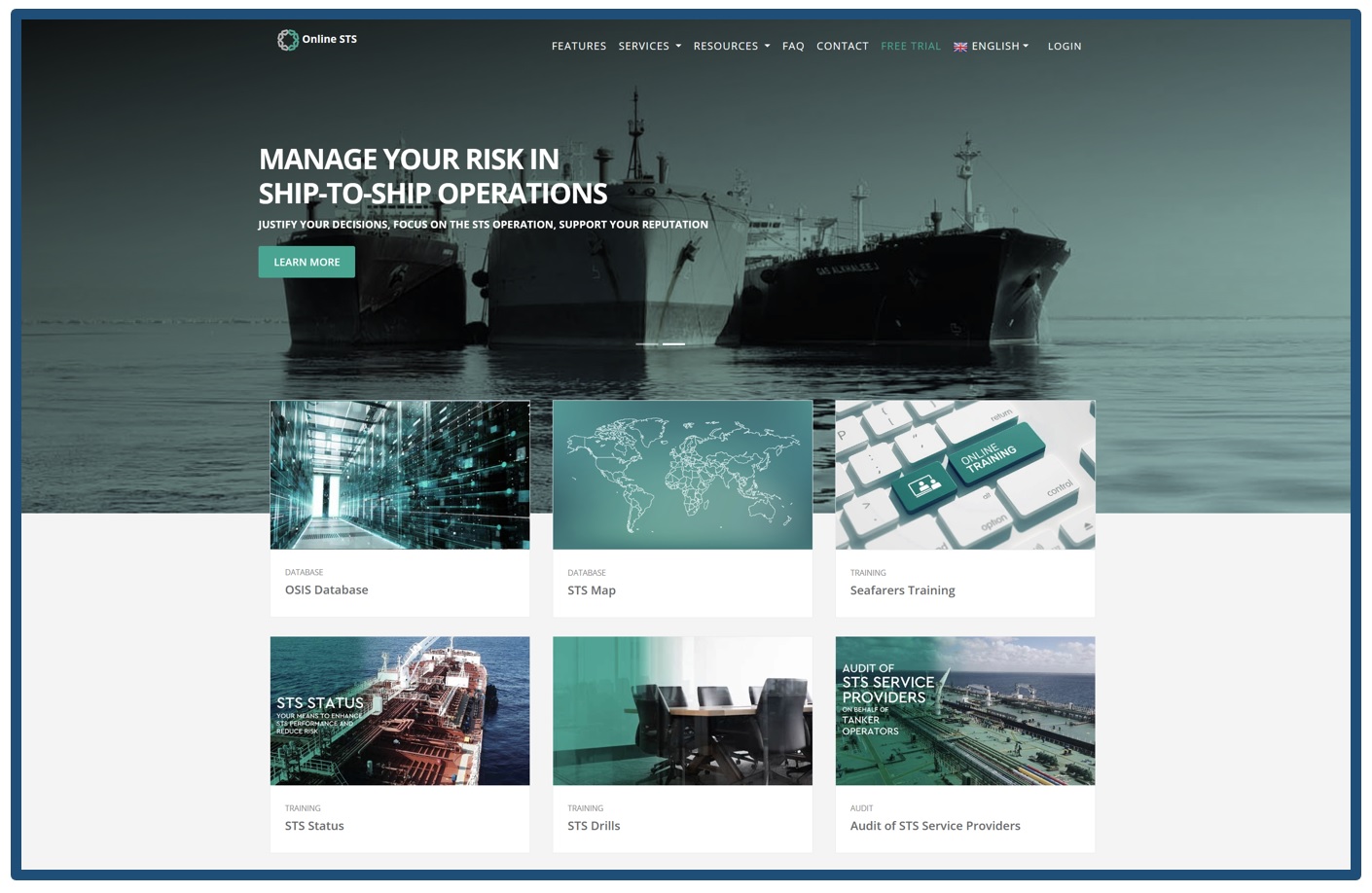
A New STS Portal will soon be launched for our clients.
Almost six years after the previous update, we have considered modern technologies that ensure ease of use, the safety of data, high-speed access, compatibility from various devices.
The new portal will be delivered to our users within October 2019 when we welcome our next large and well-respected client from North Europe.
Weather Criteria and Analysis, (Already completed, not online yet. To be released by 2nd Q 2020)
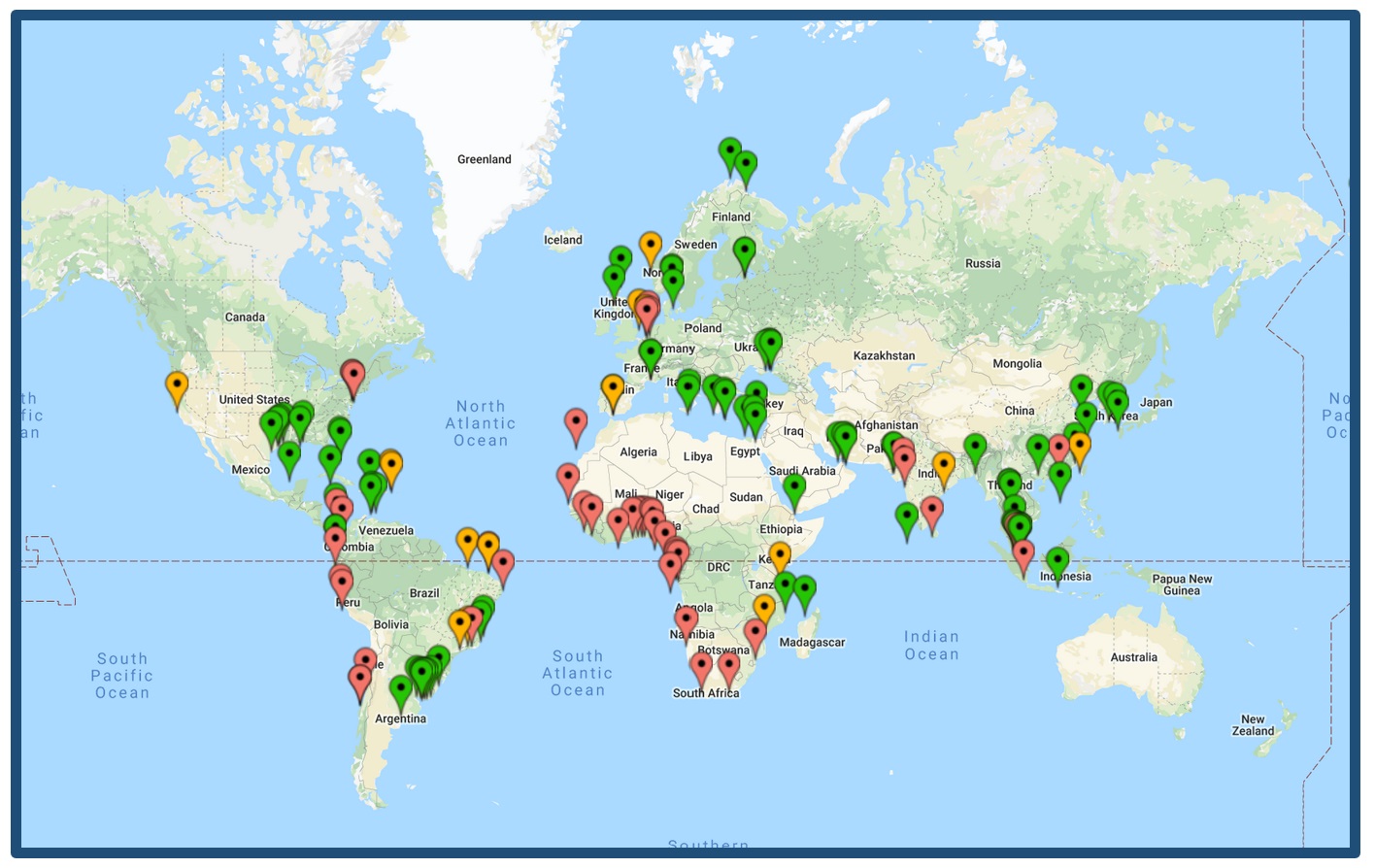
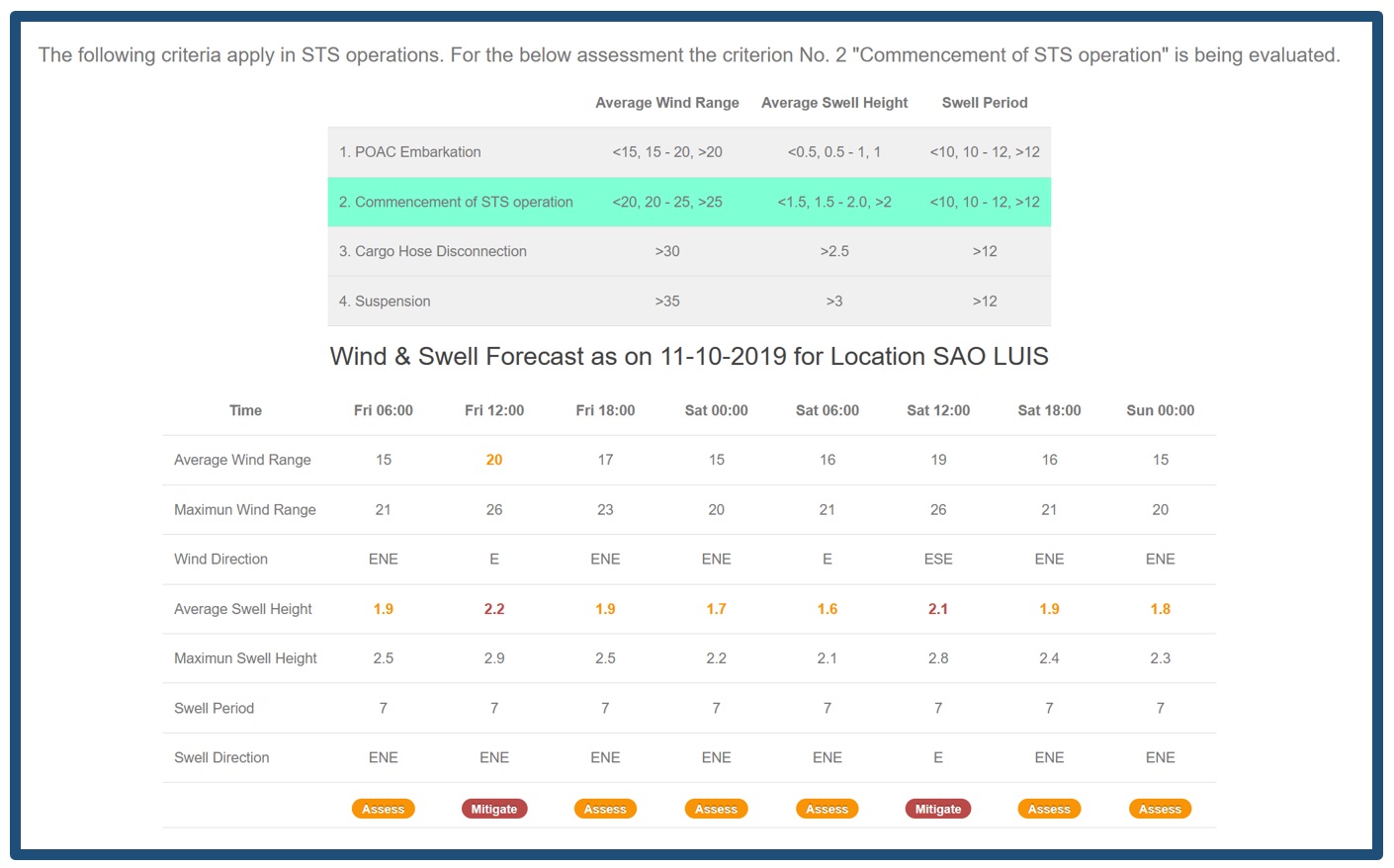
DYNAMARINe has developed a tool that will soon be online for its members and conveys weather and sea state conditions, along with criteria relevant to the vessel size. This process has been developed ever since January 2019 and is under calibration and verification with actual data received from the STS operations that took place.
This feature will also be embodied in part B of the Risk Assessment.
STS F.A.Q. Version 2, (To be completed 1st Q 2020)
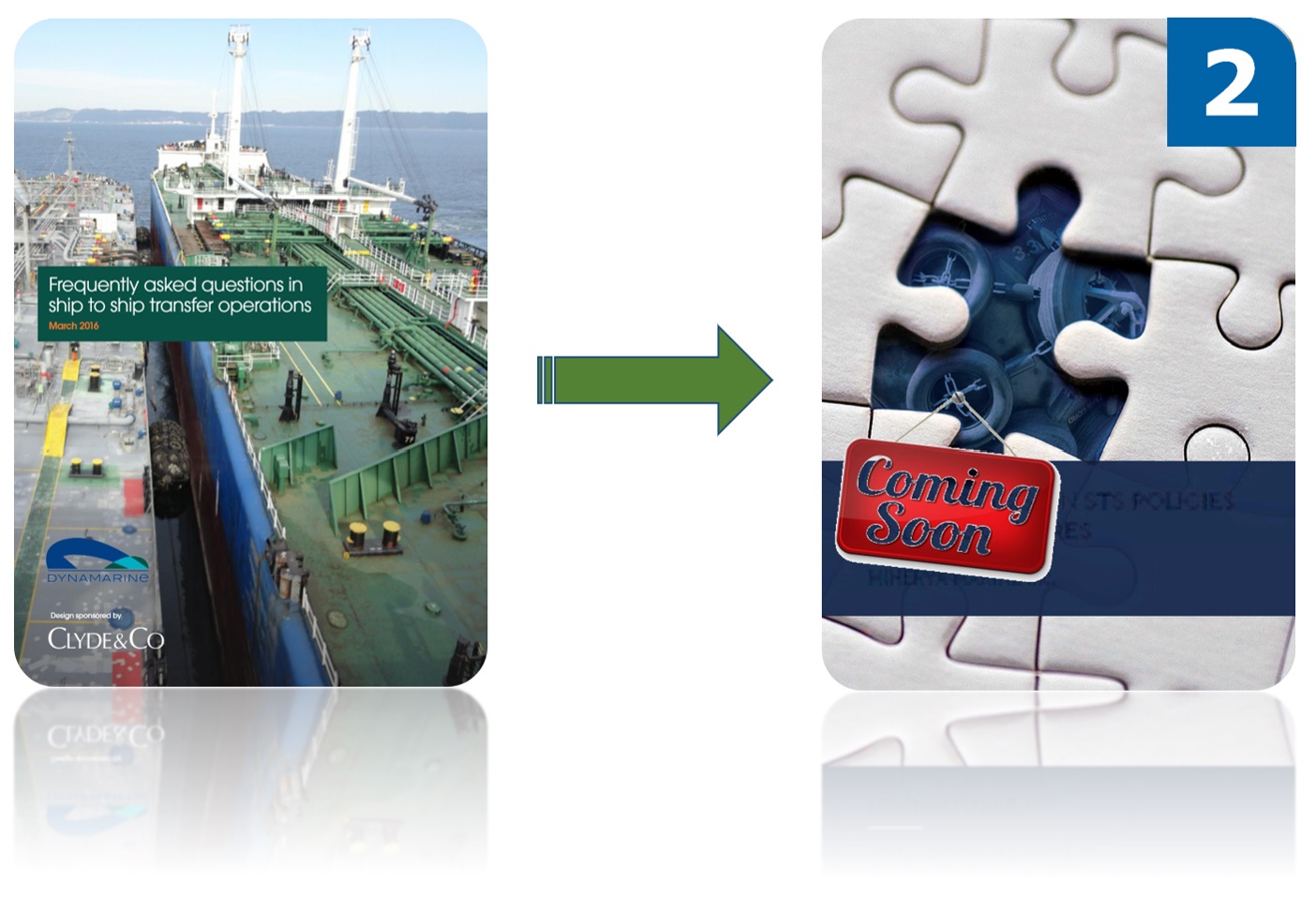
STS FAQ was released in March 2016 during an IFSTS event at the Clyde&Co in London. After almost three years and 5000 distributed globally, we were encouraged, not only by our clients, to work on the 2nd Version of this Guide.
We have already started working on this version and expect to have this released by March 2020. In the meantime, we are in close connection with our member tanker operators, their seafarers and other STS holders who are keen on our work in order to maximize the benefit to the industry as a whole.
Auditing of STS Service Providers, (Running)
This process is running for the last two years. DYNAMARINe has audited five STS Service providers, two local organizations and three regional, on behalf of our clients. During the audit, objective evidence was evidenced in their activities and organization of their management systems. As described in the process available online, we have delivered a report to these providers which is available for their own use.
Audit Reports of DYNAMARINe, have also been conveyed to Oil Major Organisations in Europe and the USA, directly from the STS provider.
It is notable though that large organizations still are very critical in their approach to this concept, although it provides means to increase the standards inf the industry and isolate substandard practices through a transparent process serviced by an organization with no-conflict of interests.
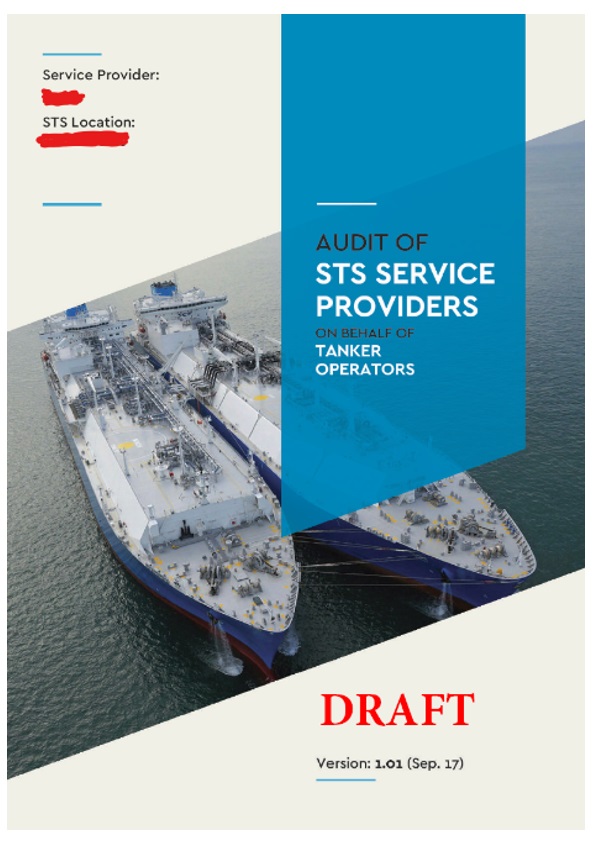
PART B of the Screening and Risk Assessment report will soon be modified (To be completed 1st Q 2020)
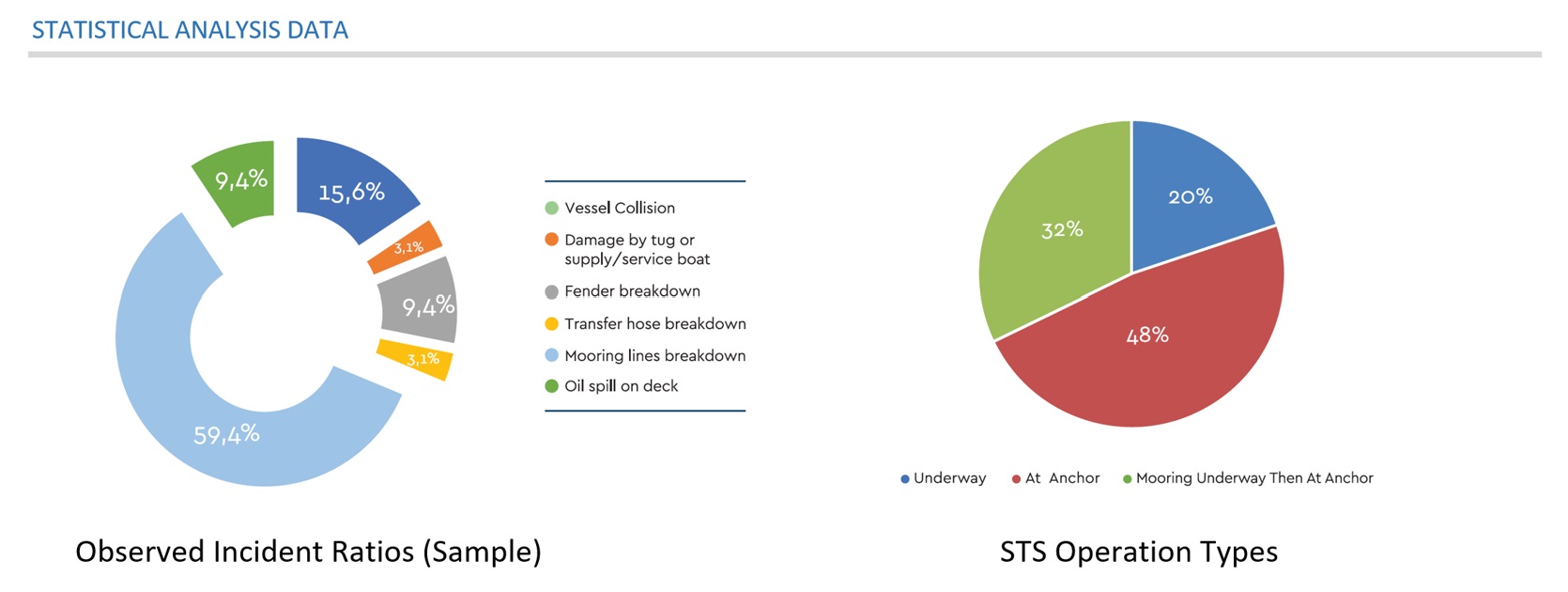
Part B will be modified to include a section with Statistics on observed incidents vs vessel size and type of STS. The report will also include a snapshot of the weather criteria as applicable for this location with a peer group analysis on past STS findings, as reported by Masters.
Furthermore, we are working on a module that will allow STS service providers to create the specific mooring plan of participating vessels online through the platform, in order to incorporate this information on Part B report delivered to the Master.
Fender Maintenance & Certification Guidelines (To be completed 1st Q 2020)
Over the last ten years, DYNAMARINe has evidenced a large number of fender maintenance certificates issued by various service providers or related technical organizations. It has been observed in many cases that the information conveyed over a certificate is not consistent either with the manufacturers' purchase certificate or with information enabling transparency as far as maintenance and safety standards are concerned.
Shipowners participating in STS operations are requested to ascertain that provided pneumatic fenders comply with the requirements and are in good condition. Shipowners have to exercise their due diligence by evidencing the maintenance certification of pneumatic fenders and then conclude on their compliance which is father inevitable since almost all pneumatic fender maintenance certificates do not convey the correct information.
Therefore, shipowners need to have access to well-documented information as conveyed by the maintenance certificate of the pneumatic fender.
The following guidelines aim in unifying and verifying the information conveyed through a fender certificate and should be considered accordingly preparing Periodical Test Certificates (PTC) for Pneumatic fenders. Applicable standards are the ISO 17357-1:2014 as well as OCIMF and IMO related guidelines.
